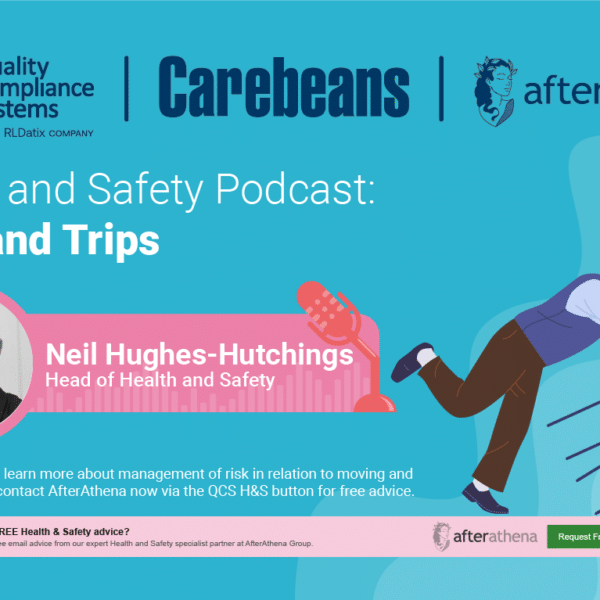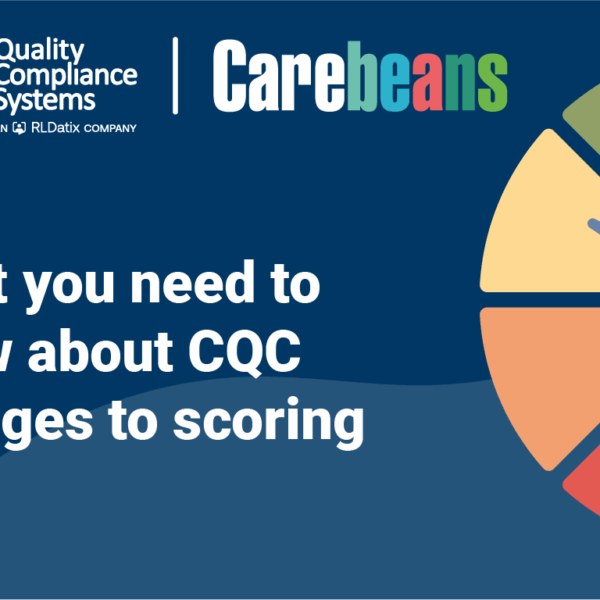A recent Employment Tribunal case has reiterated the critical importance of employers implementing preventive measures to fulfil their legal obligations in relation to sexual harassment, shining light on the possible consequences of getting this wrong.
Background
The Claimant, Miss Piromalli, was a people and culture manager at the Respondent Company. During her employment, she was subject to sexist comments made by her line manager, Mr Joliffe. Such comments included an incident where Mr Joliffe had informed that Claimant that she had only secured employment because of the way she looked. Remarks were also made by Mr Joliffe to the extent of asking if the Claimant was wearing tight jeans to gain attention, and that she was a distraction and did not belong in the business as it was a ‘man’s world’.
The Claimant sought to raise the issue internally through the grievance process, and following this, Mr Joliffe was issued with a 24 month final written warning and had line management responsibilities removed. Later, Mr Joliffe was dismissed from the business by way of redundancy.
The Claimant later discovered that following Mr Joliffe being made redundant, the Company had begun working with him again, whilst he was employed by a different organisation. Upon learning this, the Claimant resigned and submitted a grievance due to Mr Joliffe’s ‘return’ to the business.
The Claimant took the matter to the Employment Tribunal, bringing complaints of unfair constructive dismissal, and sexual harassment (amongst others). The Tribunal held that the Claimant was successful in establishing sexual harassment and harassment related to sex in multiple allegations – including in relation to a hug, which was found to be unwanted conduct of a sexual nature. The Claimant’s other claims failed.
Key takeaway
It is notable that the events in this case occurred prior to the recent legislation on sexual harassment coming into force as of October 2024. Nevertheless, the case clearly demonstrates that it will be that employer who is held liable where an employee is subject to sexual harassment.
Now that the duty to take ‘reasonable steps to prevent the sexual harassment of employees’ is in force, where a claim is successfully brought and the employer is unable to show compliance with the preventative duty, this can result in a 25% uplift on any award to the claimant.
Therefore, it is fundamental for employers to ensure that they have adequate policies and procedures in place in respect of the preventative duty, and have conducted risk assessments to assess risks both internally and from third parties, in order to determine how to mitigate these risks.
On the back of risk assessments, employers must attend their minds to implementing preventative measures and educating employees on the duty through mandatory training. Remember, it is the duty to prevent, and it will not be sufficient to wait for an incident before taking proactive steps! As is clear from the publicity of this case, the consequences are not only legal, but reputational.
If you have any questions in relation to the sexual harassment preventative duty, including risk assessments and training, please do not hesitate to contact a member of the AfterAthena team (part of the Napthens Group) who are able to offer 30 minutes of free advice to QCS members.
If you have any questions in relation to environmental proposals to help support employees take steps in relation to climate change, please do not hesitate to contact a member of the AfterAthena team (part of the Napthens Group) who are able to offer 30 minutes of free advice to QCS members.
Contact AfterAthena
Filter Posts:
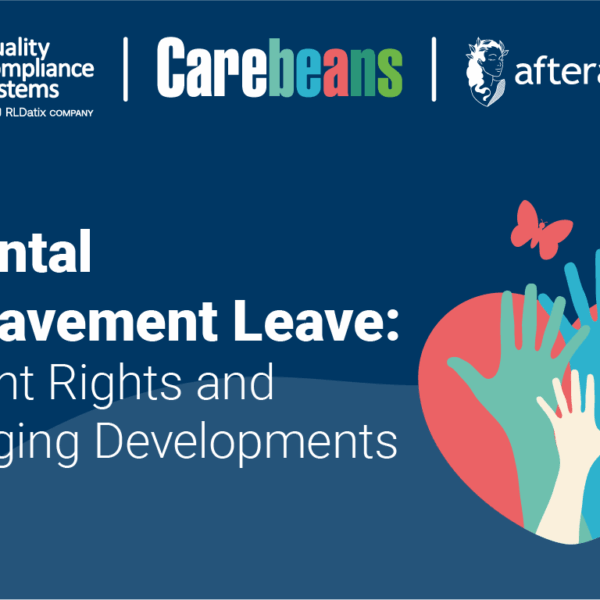
Recent Judgment emphasises importance of meeting employer’s preventative sexual harassment duty

Parental Bereavement Leave: Current Rights and Emerging Developments

See all Our Care Management Tools in under an hour…
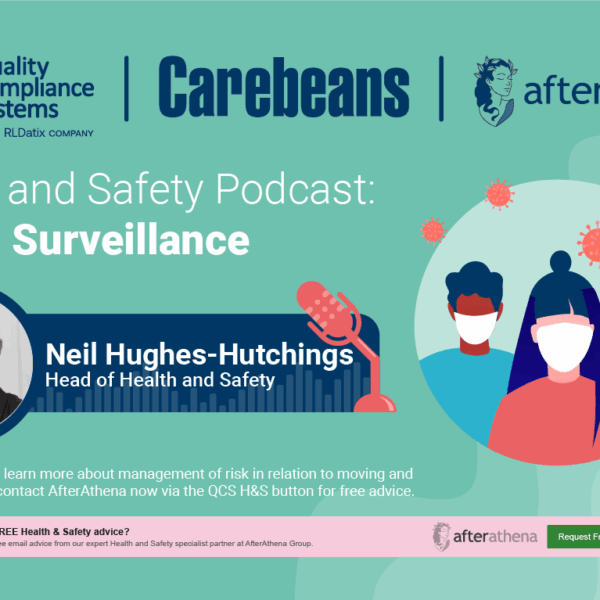
Health and Safety Podcast: Health Surveillance

Immigration White Paper: A Crossroad for Economic Migration Policy
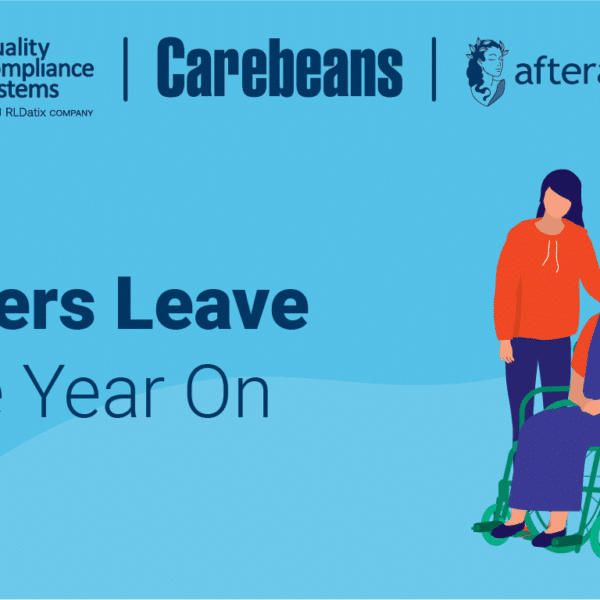
Carers Leave – One Year On
